Books to Read. Or: What’s The Best Education For The Arts?
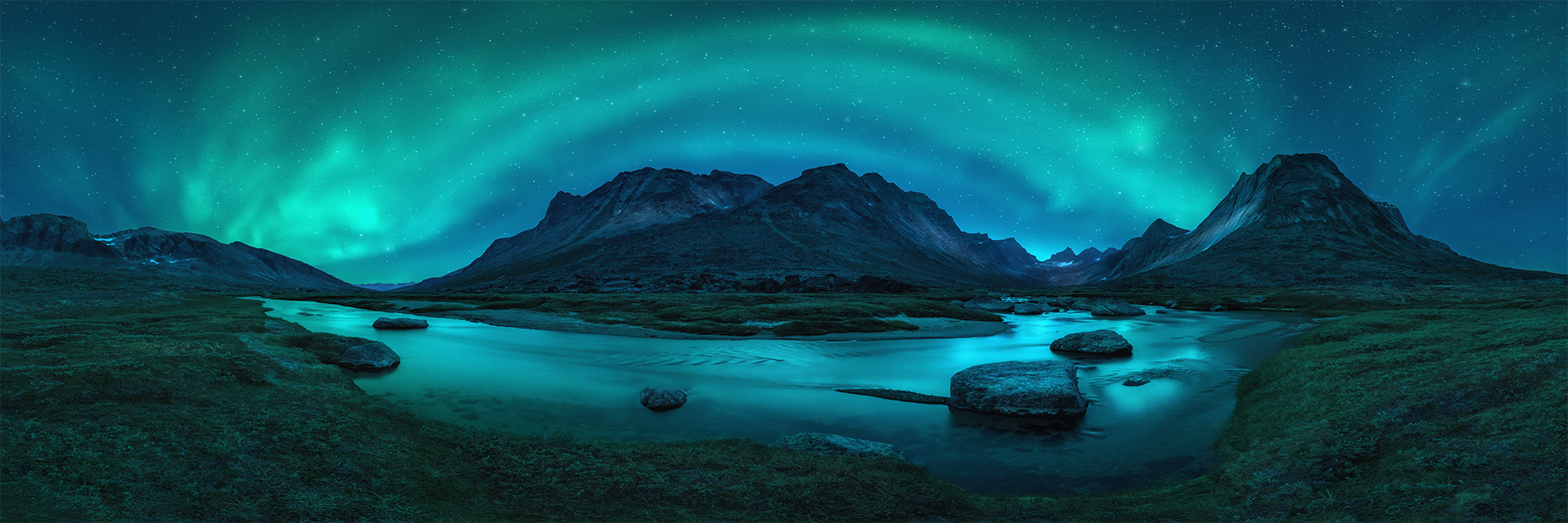
“It is what you read when you don’t have to that determines what you will be when you can’t help it.”
| Oscar Wilde
The question is difficult to answer for me. While I work in education and have an eduction in music, I have never been at an art school. When I seriously started out with photography in 2015, I asked myself how to get the education I want, that I need in the shortest period of time possible such that I can create? While education might not be required to create, it is however helpful and very enjoyable for me. It is potentially necessary to define what I mean by ‘education’.
Without going into the depth of the meaning of education and into a discourse about the correct definition (many of them are meaningless for me; I tend to always work with working definitions that work well for a given context), for me, education is the cultivation of lifelong learning.
Most of us run through a formal educational training through different stages in life, such as kindergarten, primary school, secondary school, potentially apprenticeship or college and university. This process is accompanied by our moderating parents and friends. One result out of this formal educational process is that we acquire knowledge and skills, we collect experiences and build habits. We further establish certain beliefs and values that guide our future behavior. We basically learn how to learn and it is life itself that is teaching us – often through trial and error. Through all these collective impressions, we may develop a ‘haltung’ or disposition about learning and an intention that we apply through interactions with other individuals and in practise through what we are deciding to do. This development is a kind of informal educational process. Marc K. Smith mentions in his discussion about the meaning of education that it is a “process of inviting truth and possibility”. I love that. What a wonderful thought.
Against the backdrop of the plethora of resources, teachers, educators, or mentors, where shall we start to learn? How should we make a decision or prioritization on the starting point? How should we weight the importance of different options?
While the formal educational training develops a platform for us we can draw from for the rest of our life, with time, we begin to see a need for advanced learning that is focused on certain objectives we want to obtain. Ted Orland offers a simple idea in his chapter “The Education of the Artist” in the wonderful book “The View from the Studio Door”: “Learn the thing you need to learn in order to do the work you need to do” (p. 44). While this thought is very helpful to prioritize our options to learn, as an artist we may need more. The best way to teach ourselves art is potentially to life in many different ways and expose ourselves to the world. Ben Shahn summarized this ideal education in the art in his classical book “The Shape of Content”, which Ted Orland paraphrased by two words: “Do everything” (p. 57).
To sum it up, a cultivation of learning may need:
- a disposition and intention to learn,
- an openness and respect for new possibilities to emerge,
- a direction and focus while preserving the ability to live open-minded, and
- a joy to learn.
In this process of learning, books have always been important mentors to me. As such, I have decided to list some of my favourite books about photography. I will potentially list more in the future, and add photography books and books in general. In the hope that they are inspirational mentors to you as well.
As a starting point, I’d like to recommend and highlight the following 5 books for landscape photographers:
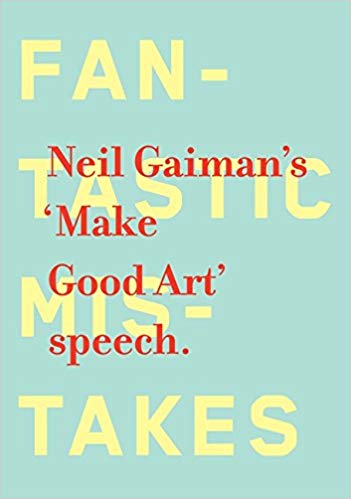
1. Neil Gaiman. Make Good Art. William Morrow: New York City (owned by HarperCollins), 1st ed., 2013. This book is also published under different titles, such as “Art Matters”.
Bestselling author Neil Gaiman’s outstanding (and funny) speech about the importance of art, creativity, bravery and strength which he gave at Philadelphia’s University of the Arts. If you prefer to watch the speech, have a look here: https://www.youtube.com/watch?v=ikAb-NYkseI.
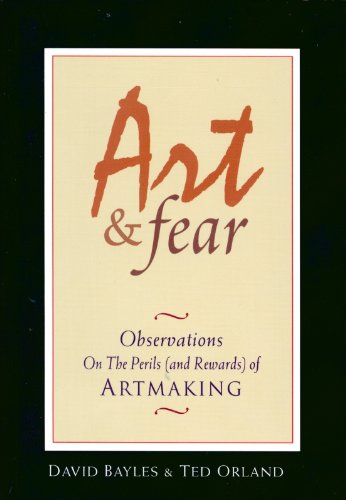
2. David Bayles and Ted Orland. Art & Fear: Observations of the Perils (and Rewards) of Artmaking. Image Continuum Press: Santa Cruz, California and Eugene, Oregon, 1st ed., 2001.
Next in the list is this wonderful book about making art. It is a book for artists written by artists. They discuss many situations artists may face. And it may help to understand why some projects are never brought to their end.
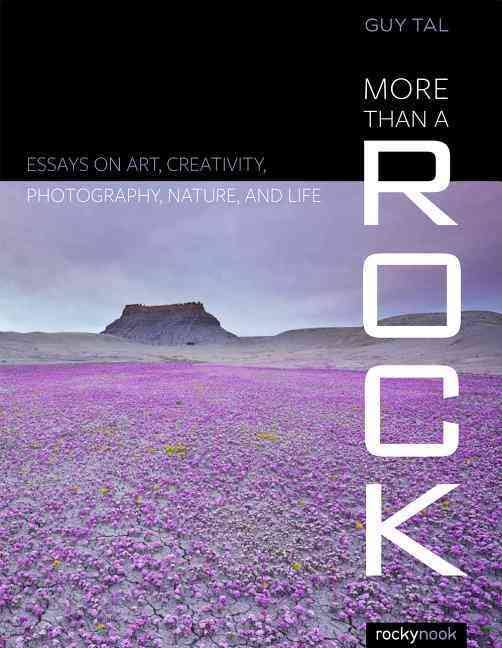
3. Guy Tal: More Than A Rock. Essays on Art, Creativity, Photography, Nature, and Life. Rocky Nook.: San Rafael, California, 2015.
In this collections of essays, Guy establishes a foundation for expressive photography. Everyone who prefers concept over pure aesthetics and who wonders what else can be discovered through photography may read this wonderful book. It is written as calm, meaningful and thoughtful as Guy is himself. You may feel yourself sitting right next to him in a camp under the stars, exchanging philosophical standpoints about life. It is definitely not a fast read, but a very thoughtful one that will accompany you for the rest of your artistic life.
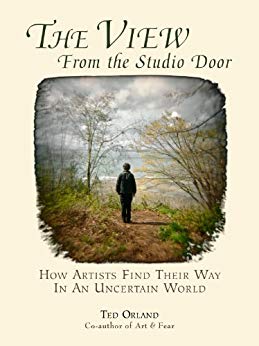
4. Ted Orland: The View Form the Studio Door. How Artists Find Their Way in An Uncertain World. Image Continuum Press: Santa Cruz, California and Eugene, Oregon, 6th printing, 2014.
This book was an unexpected discovery to me and a gift by Michael E. Gordon (thanks so much). It talks about making sense of art, education and art that matters. The writing style invites to develop an introspective thinking about your own artistic world and your place. Some may find overlaps with “Art & Fear”, but the non-overlapping parts are very enjoyable to read.
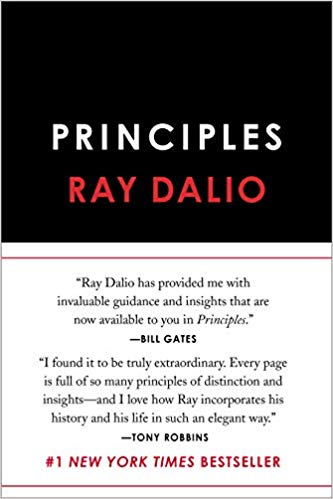
5. Ray Dalio. Principles. Simon & Schuster: New York City, 1st ed., 2017.
Finally, as artists we develop our craft, but have to build a business around it as well. Ray Dalio offers insights into his working principles, methods and techniques that are very helpful to apply in daily routines. If you struggle, being consistent on your decisions and search for guiding principles, this is a must read book.
Overall, I hope these recommendations are helpful for you and that you may find inspiration in them.
References:
Smith, Mark K. What is education? A definition and discussion. On infed: http://infed.org/mobi/what-is-education-a-definition-and-discussion/, 03032020.
